|
Why is Sleep Important? Sleep is a biological necessity. While you can get away with not getting enough sleep for a while, sleep deprivation takes a toll on your body and mind. You can survive without food for about two months. The best-known - or best-reported - record for surviving without sleep was Randy Gardner's 11 days and 25 minutes. The results, in addition to an entry on Wikipedia, included:
Gardner also suffered from chronic insomnia decades after the experiment. According to the CDC, a lack of sleep can result in a loss of mental and physical performance, including:
As well as increased risks of:
If you work long hours or at night, sleep is particularly important. About one-fifth of all driver crashes are caused by drivers who are too tired. Similarly to someone under the influence of alcohol feeling more capable than they are, tiredness can lead to a dramatic decline in actual performance. If you are driving, at work, cooking, or operating machinery, this can have serious consequences. Being awake for 17 hours, say from 6am to 11pm, can be compared to having a blood alcohol concentration of 0.05%. This can get you in trouble for drunk driving in some countries. Compared to an 8-hour shift at work, a 10-hour shift can increase the risk of errors and accidents by 13%. Make that 28% if you add a couple of hours overtime. Willpower and necessity can keep you going. (I hear you parents, students, and shift workers. I've been all three. And I know people who are all three at once). But it's vital to be aware that there's "keeping going" and there's "going downhill." If you're not getting sleep, nobody's getting the best version of you. Am I Getting Enough Sleep? Here are some sleep stats to see how your sleep habits compare to others. According to the Sleep Foundation, adults between 18 and 64 need between seven and nine hours of sleep per night.
1. Pay Your Sleep Debt If you don't get adequate sleep for several days, the lack of sleep accumulates. Hence, your sleep debt. The larger the sleep debt, the more you may notice a deterioration in your physical and mental performance. The only way to undo this is to pay it. You pay a sleep debt by getting more sleep. Just as it takes time for a sleep debt to build up, it can take several days to pay off. One sleep study reported that participants required four days on average to recover from a one-hour sleep debt. Another theory, however, suggests that people who are sleep deprived tend to sleep more deeply, so they may require less than an hour to pay off an hour's worth of sleep debt. The time it takes to pay off a sleep debt may vary, but it does need paying. Consider the last two week's when working out the extent of your sleep debt. Then pay the sleep debt by regularly getting to bed a little earlier, getting up a little later, or both. You might also try taking a nap during the day if possible. If you have free weekends, lazing in all day can help pull you back from the effects of an all-nighter. Another way to speed up paying back a sleep debt is to get better quality sleep. Good sleep hygiene can help you get to sleep more easily and wake up less frequently during the night. 2. Go to bed at a regular time By going to bed at the same time every night, you train your body and mind to feel sleepy at the same time every day. This is an excellent way to prepare for your body and mind for nightly rest. 3. Avoid screens before bed The blue light from screens can stimulate your brain to surpress melatonin levels. This delays the onset of sleep. Watching a movie before bed or checking Facebook IN bed can be pleasurable but they can both make it harder to sleep well. Increasingly, our screens have settings to minimize blue light, but the best way to avoid stimulation from screens is to turn them off or leave the devices in another room. If you're having chronic sleep problems, go all out with sleep hygiene. Keep your mobile phone, ebook reader, TV, laptop, and any other distracting devices (particularly those with screens) in a different room. 4. Avoid caffeine before bed Since caffeine is a stimulant, this is one to avoid anywhere near bedtime. It is often recommended to avoid drinking caffeinated drinks within four to six hours of going to bed. Caffeinated beverages include coffee, of course, tea, and many fizzy drinks. Note that even decaf coffee and green tea contain caffeine, though; they just contain less than your espresso. A good nighttime drink replacement might be chamomile or another herbal drink without added sugar. Note that caffeine is also present in chocolate and other foods. If in doubt, check the ingredients label. 5. Avoid alcohol While an alcoholic beverage before bed may help you get to sleep, the chances are good that you will wake up more frequently during the night and sleep less deeply. Those who drink an alcoholic nightcap before bed are likely to wake up less refreshed than those who abstained. 6. Meditate A regular meditation habit can help your mind achieve the calm required for relaxation and tranquil sleep. With regular meditation, you may become more aware of your thoughts and better able to let them go. Don't try to empty your mind. Instead, you might try focusing on and counting your breaths. Or consider how many different sounds you can hear in the time it takes to drift off. Meditating in the evening can help you fall asleep. A morning or daytime meditation practice can also help you appreciate and control where your mind goes, making peaceful sleep more likely. 7. Plan The Next Day Reducing uncertainty about the following day is particularly useful for people who tend to feel anxious at night. When you know the rough game plan for the next day, you may sleep more soundly. 8. Exercise You don't need to wear yourself out so that you fall unconscious. Instead, a moderate amount (about 30 minutes) of aerobic exercise can make your body feel fatigued and stabilize your mood, ready for natural rest at the end of the day. According to Dr. Charlene Gamaldo, medical director of Johns Hopkins Center for Sleep, you should exercise at a time that feels right for you. Note, however, that aerobic exercise causes the body to release endorphins, which are stimulating and can keep people awake. It also raises the core body temperature, which can signal to the body that it's time to be awake. Therefore, for some people, exercising earlier in the day may be more helpful than doing so in the evening. Dr. Gamaldo also recommends that people exercise in ways they enjoy. Walking, running, tennis, yoga; as long as it elevates heart rate, exercise can elicit responses in the brain that encourage healthy sleep. 9. Go for a Massage Massage is excellent for promoting healthy sleep. A good massage can:
Sleep disturbances are often treated with medication. However, because these can have adverse effects, researchers set about seeing if massage can improve sleep duration and quality. In this case, the studies involved cancer survivors, considering sleep disturbance among their most distressing symptoms. Sleep disturbance can be experienced at the time of diagnosis, during treatment, and affects more than half of cancer survivors for five years or more after treatment. Also, cancer survivors' sleep problems tend to be long-term, meriting an alternative to the standard pharmacological solution. Cognitive behavioral therapy and exercise have been top non-pharmacological recommendations for improving the sleep of cancer survivors, but they are not financially or physically viable for many cancer survivors. In response, a study evaluated Swedish massage (most commonly used for relaxation) and deep tissue massage (most commonly associated with alleviating pain) as an alternative therapy for improving sleep. The results demonstrated that massage can:
Regular massages may contribute to better quality sleep and better sleep duration for those who want to tackle chronic sleep issues. 10. Eat healthily Does diet affect sleep? There is some evidence that diet may affect hormonal pathways involved in sleep. While the research is not conclusive here, it may be an idea to refocus on getting enough key nutrients in your body that may help with sleep, including vitamins A, C, D, E, and K, and calcium and magnesium. And another way that your diet can improve sleep is by helping you maintain a healthy weight. Achieving or maintaining a healthy weight can help people sleep better. Sleeping well can help people maintain a healthy weight. Recognising the strong link between diet and sleep – both of which involve multiple systems in the body - can help you improve both. The National Sleep Foundation recommends a high-fibre diet with whole grains, vegetables, and fresh fruits to promote healthier sleeping patterns. Also fill up on foods containing vitamin B, which are believed to regulate melatonin, a hormone released primarily by the pineal gland at night and associated with regulating the sleep-wake cycle. You can get B vitamins in fish, legumes, eggs, and dairy. Avoid foods with added sugar. If you're peckish, something like a bowl of oatmeal porridge or a slice of wholewheat toast is easily digestible. It is less likely to play havoc with your body than a snack bar or chocolate. Can your diet make you sick? A lack of sleep has been linked to a higher risk of obesity, greater waist circumference, and obstructive sleep apnea. If you stay up longer than average, you are more likely to eat more without using all the extra energy you derive from the food. Sleep-deprived people are also more likely to eat high-calorie foods with less nutritional benefit. This may be due to a disruption of the way the body produces leptin and ghrelin, hormones that help control hunger and appetite. Getting more sleep may help you lose weight because you will have:
Some people are more sensitive to sleep deprivation than others. Still, sleep problems can be detrimental to our happiness, health, and performance.
When thinking about your overall health, please remember to prioritize sleep along with exercise and diet. All three can work together to keep your various bodily systems in top working order. Nobody's expecting you to do everything on this post, but if you're consistent with at least some of the previous tips, you may experience better sleep pretty quickly. Take this as encouragement to keep it up and enjoy the many benefits that follow.
1 Comment
9/23/2022 11:30:38 pm
I'm glad you talked about how lots of people suffer from poor sleeping habits around our country and how we'd reduce the numbers. Recently, I can't seem to have a good night's sleep, and I don't understand why, so I'll try your tips tonight and maybe consult with a specialist if needed. I appreciate your information on how many adults have chronic insomnia.
Reply
Leave a Reply. |
AuthorDean is Owner/Masseur at Edwards Massage, providing relaxing massages in a comfortable spa or a location of your choice. ArchivesCategories |
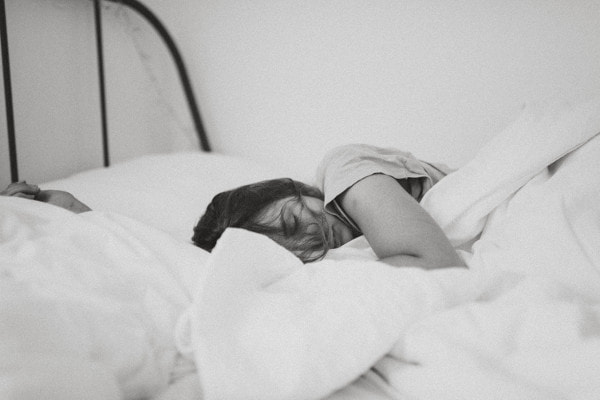
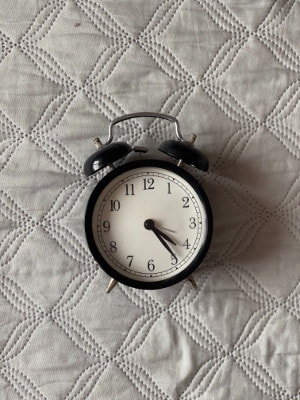


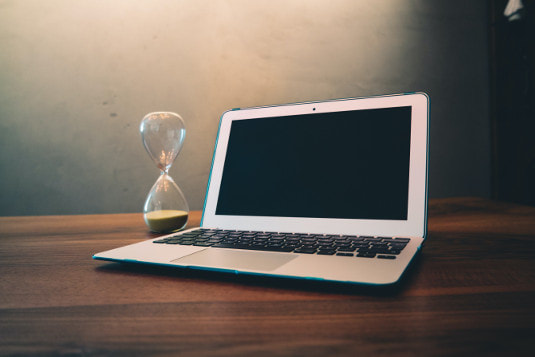
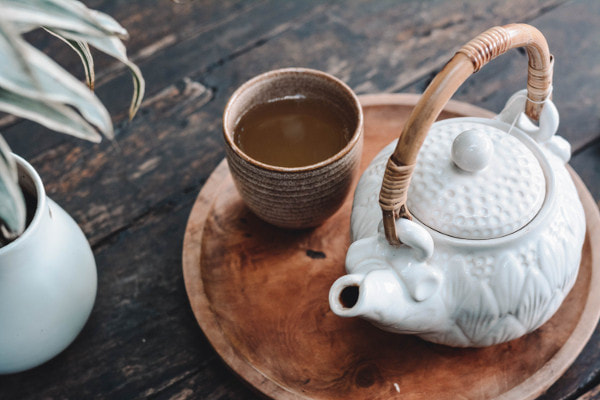
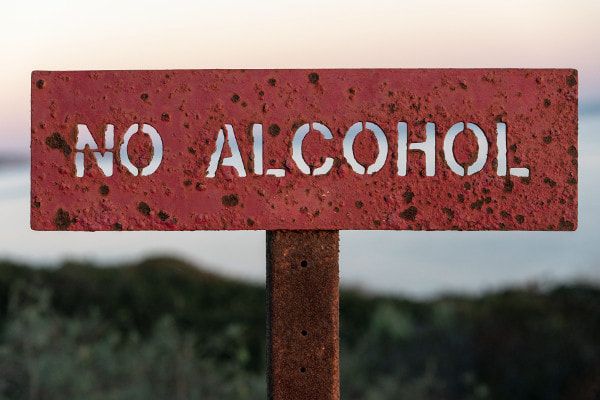
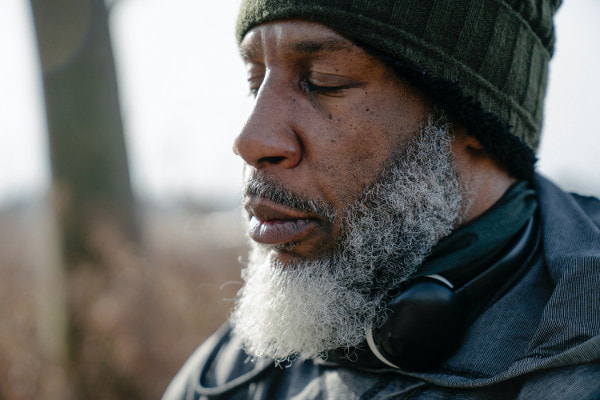
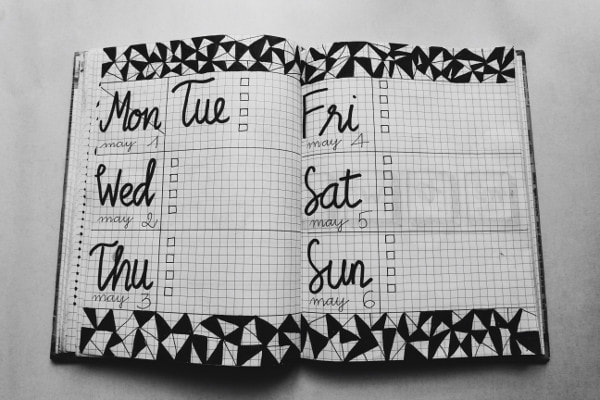
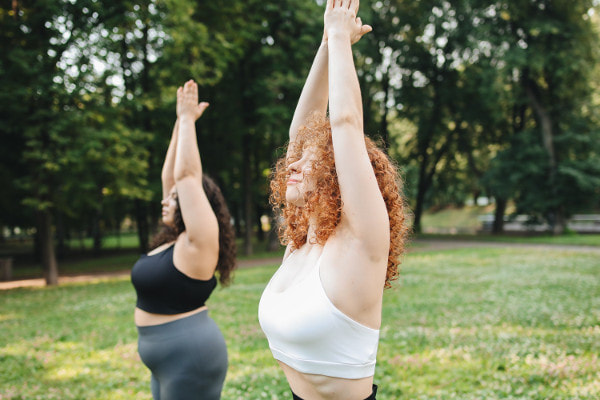
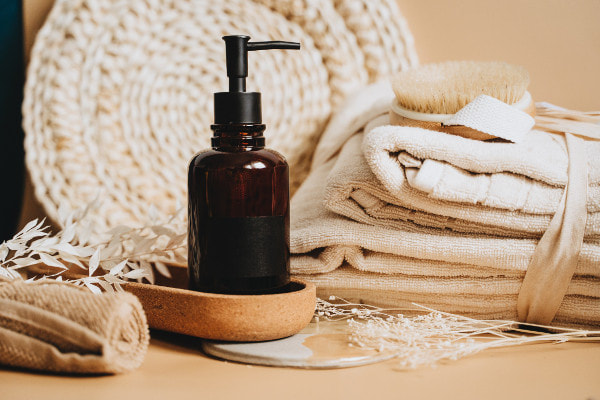


 RSS Feed
RSS Feed
